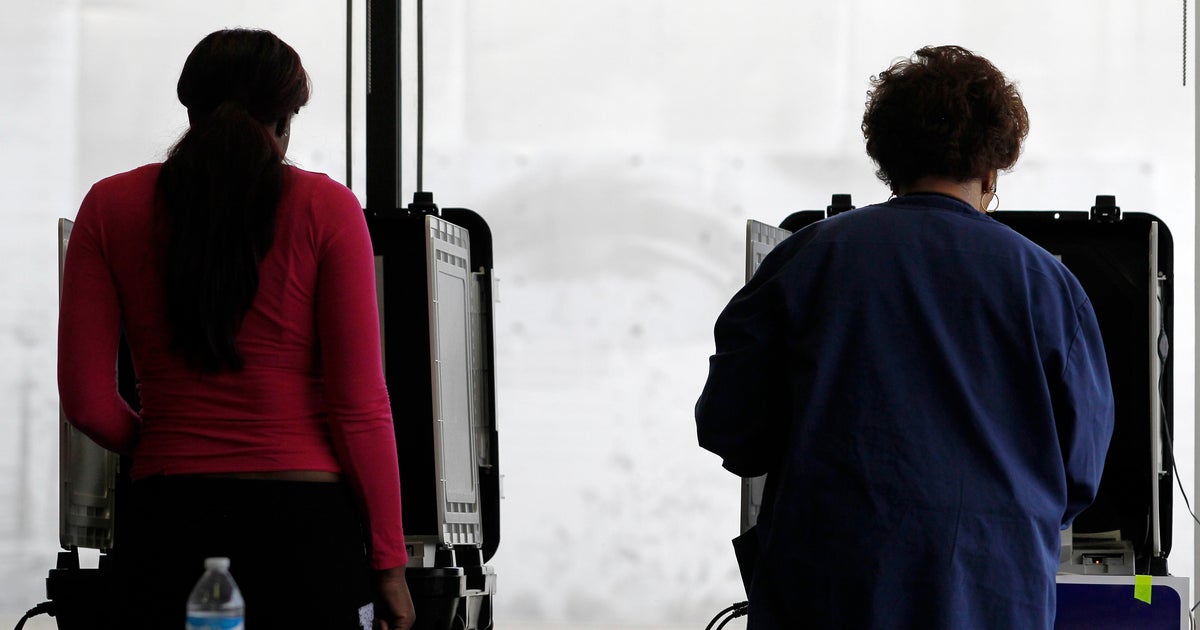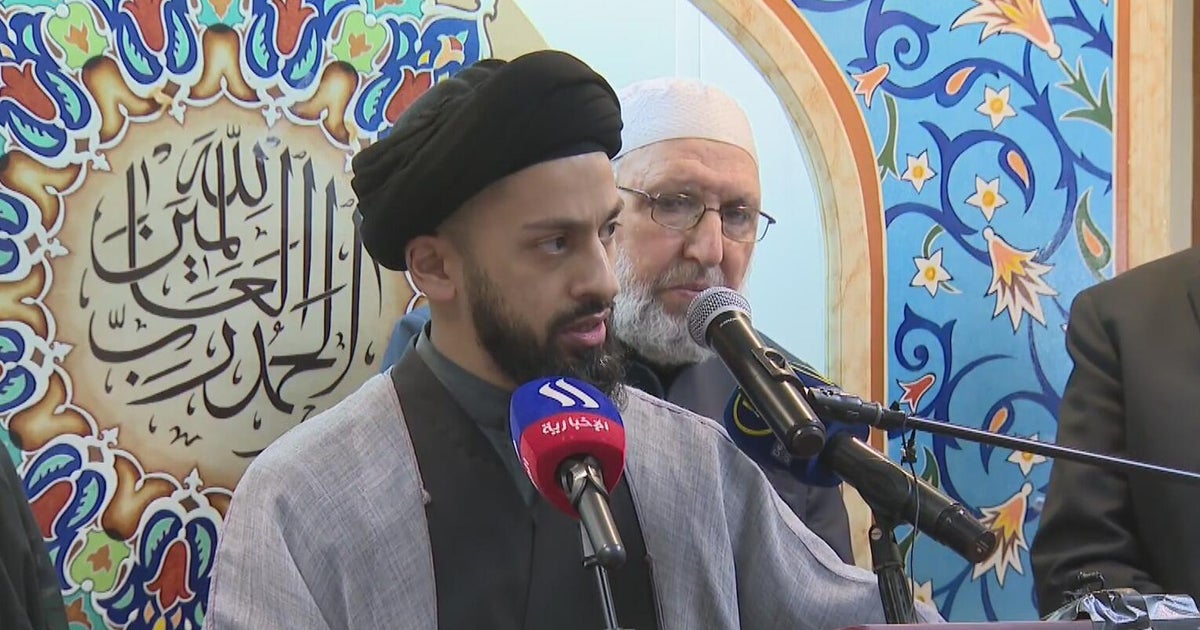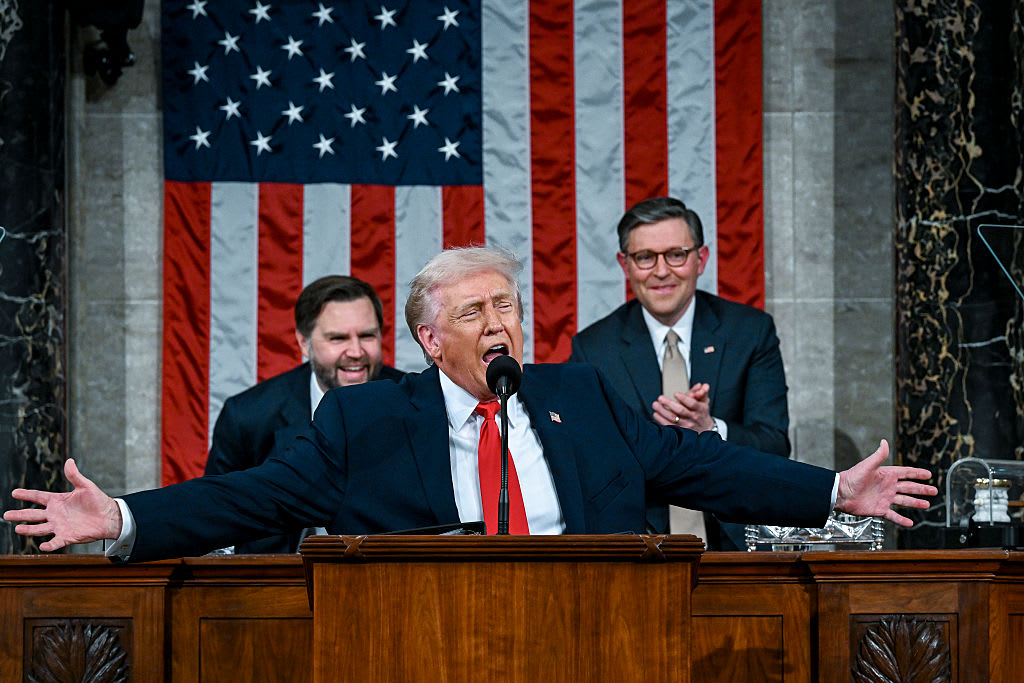Mulvaney says it's "difficult" to cut spending in Washington, blames Congress
WASHINGTON -- Office of Management and Budget Director Mick Mulvaney said Sunday -- as Republicans continue to forge ahead on passing a budget that would include legislation on overhauling the nation's tax code -- that cutting down on Washington's spending is not an easy task.
"It's difficult I think to cut spending in Washington. It really, really is," Mulvaney said about why Republicans aren't following through on providing spending restraints.
"There isn't the political will on the hill right now," Mulvaney added, saying that "Washington is designed to spend more money."
Mulvaney, speaking on CBS News' "Face the Nation," said that the administration made a decision that cutting "our way to a balance" also wouldn't prove fruitful in Congress in developing a budget blueprint.
"We had offered $54 billion worth of discretionary cuts in our budget back in March. Only about 4 or 5 billion have survived so far on the hill. We're not going to be able to cut our way to balance," he said.
While Mulvaney said the next phase of the budget plan is to "focus on the revenues," he added there are bigger issues at play than just spending, calling on Republicans to keep their growing list of promises to the American people.
"You've got Republicans who have promised to repeal and replace Obamacare. They haven't done that yet on the hill. You've got Republicans who have promised to do tax reform. Now, we had a huge step in that direction this week. And I think we're making a lot of progress on it. But we haven't done that yet," said Mulvaney.
The OMB director said that the Republican Party has "a lot of things we haven't followed through on," and that President Trump has acted with a "great deal of frustration" in response.
"You've seen a lot of frustration back home with people from that. So, yeah, absolutely. We have to start keeping our promises. But passing this budget this week, which is the next step and an absolutely critical step to get tax reform, was a big step forward in keeping that promise," Mulvaney said.
The Budget Committees in both the House and Senate passed their respective GOP-sponsored budget resolutions. The House passed its proposal on Oct. 5 in a 219-206 vote while the Senate voted this week to open debate on the House-passed bill offering amendments to it, and finally passed a $4 trillion budget blueprint late Thursday night.
The 51-49 vote now sets the stage for debate later this year to dramatically overhaul the U.S. tax code, cutting rates for individuals and corporations while clearing away trillions of dollars worth of deductions and special-interest tax breaks.
All 48 Senate Democrats and Independents voted against the budget plan.
But Republicans in both chambers will have to hash out the differences between their resolutions. After that, the House and Senate would each vote on the agreement. Then, the specified authorizing committees would start writing up tax reform bills in each chamber.
"We've been very careful here now to make sure that we are focusing on what we agree on as we released that framework, okay? So the things that we agreed go in the framework. Things that aren't agreed to in advance, they go in committee. And that's the process that starts next week," said Mulvaney of the reconciliation process.
Mulvaney said he was hopeful, however, about the budget plan moving ahead as planned, with an expectation of it passing before the holidays.
"If the House accepts the Senate budget this week, which we heard they might actually do. And there's a movement to do that as soon as the House comes back in this week. That actually saves us between 10 and 12 days, which when you've got a Congress that's probably only going to be here another, I don't know, 20 days or so before the end of the year, that's a big deal. So it does really--we get a chance I think to move dramatically forward in our goal to pass it before Christmas," added Mulvaney.



